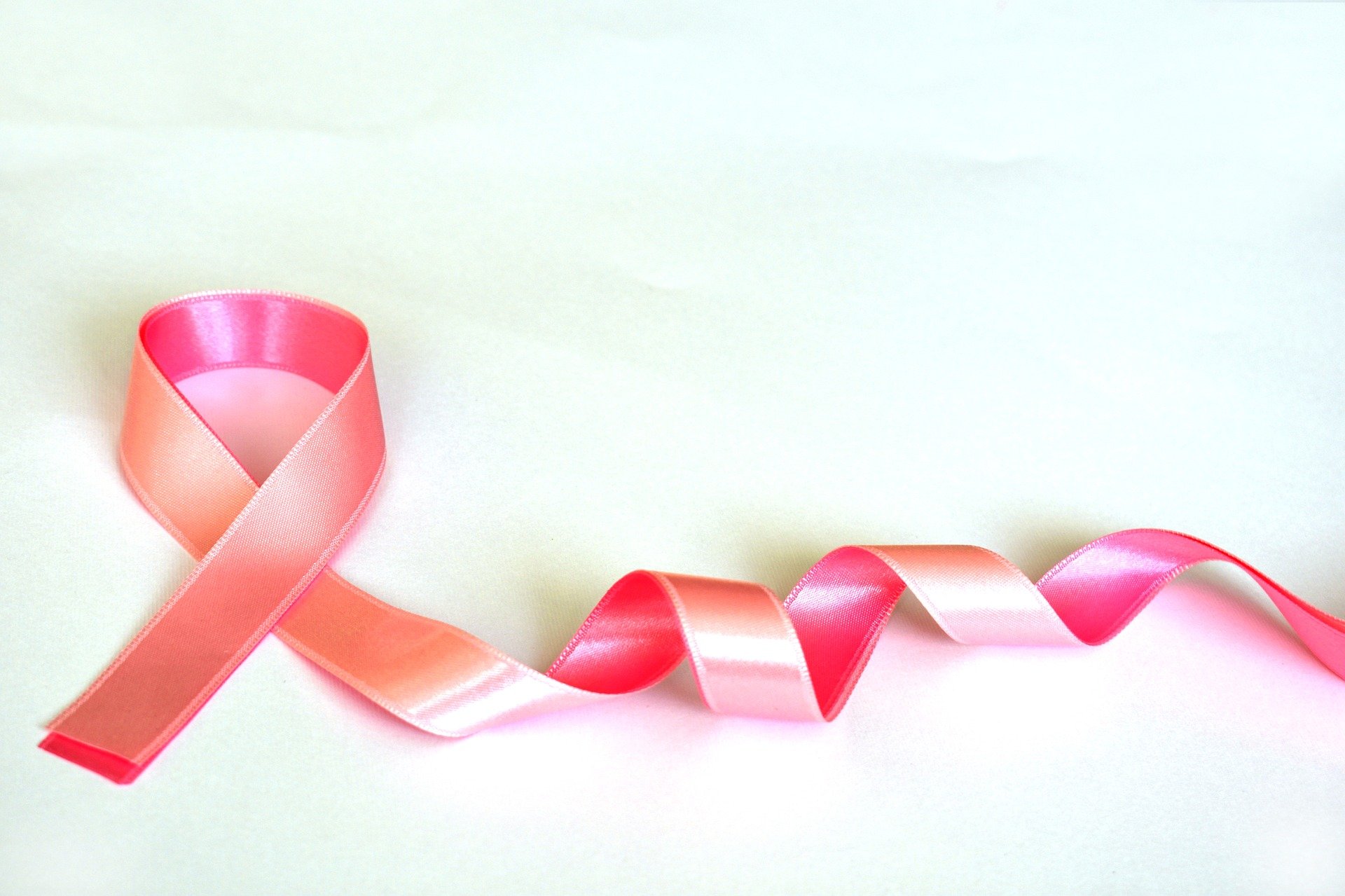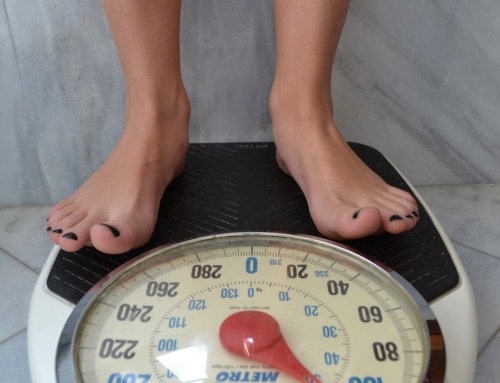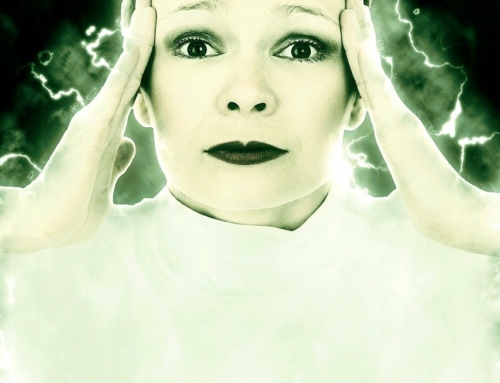As October rolls in, the think pink campaign of breast cancer awareness abounds. Due to the efforts of many organizations the Pink Ribbon is probably one of the most recognized symbols. Ads reminding women to get their mammogram and do a monthly breast exam prod early detection, because yes it does make a difference when you catch it. I always come back to prevention though. Not just breast cancer but all cancers. So, I am dedicating this newsletter to all of our beloved patients, friends and family who lost their lives or are courageously battling cancer as well as the many thrivers who are moving on past treatments. The list is long which makes my heart heavy. We all have a list so maybe for just one minute you stop and think of these people and how each individual has made an imprint on your lives. We’ve laughed, cried, supported and grieved with these lovely people and are so very blessed to be a part of their journey but don’t forget that you impacted them too just by being a part of their lives! Blessings to all who have been in this role.
When someone gets breast cancer I usually hear them lament that they didn’t have any family members with cancer so they were surprised. Only 5-10% of breast cancers in the US are genetic therefore the MAJORITY of breast cancers are not genetic. Even if there is a genetic predisposition you do not have to express that gene. I’m not just talking about breast cancer. This is ALL cancers. This is where something called epigenetics comes to play. Epigenetics is what we bathe our genes in. It is our lifestyles…food, exercise, stress that all affect how a gene will or will not act. In addition, toxins and chemicals can alter our genetic makeup creating the opportunity for cancer regardless of your family genetics and many times the effects aren’t seen for 10,20 or even 30 years after exposure. There is such a huge area of opportunity to not only understand what turns certain genes on and off but how we can modulate the expression of these genes. What’s wonderful is that science is not only doing studies on epigenetics they are actually turning to nature to see how certain substances play a role!
Let’s take a look at several natural substances that should be in everyone’s diet and/or supplement cabinet to help your cells avoid cancer as much as possible…. READ ON
- Apigenin – this phytochemical is found in fruits and veggies like parsley, onions, oranges and tea to name a few. It has been used in many studies with favorable results included esophageal, skin & lung cancer. It has anti-cancer, anti-mutagenic, anti-inflammatory as well as antioxidant capabilities.
- Curcumin – this is part of a spice family called turmeric but also in some ginger spices. Curcumin has not only been shown to be cancer fighting but it is a powerful anti- It has been studied in prostate, bladder, lung, leukemia, pancreatic and many more cancers.
- Epigallocatechin-3-gallate (ECGC) – this is the main ingredient found in tea. This has been studied in a wide variety of cancers also.
- Sulforaphane – the key ingredient in broccoli, cabbage and kale. This is a highly studied ingredient with numerous cancers responding in particular the hormonal cancers.
- Quercetin – a flavonoid found in citrus, buckwheat and onion. Not only is it known for its high antioxidant abilities, it helps with histamine pathways and helps promote cancer cell death.
- Genestein – an isoflavone found in soy, kudzu and fava beans (to name a few). Other active ingredients in these products include There are numerous studies using genestein in anti-cancer research with positive results. It is key the soy based genestein be organic because the GMO version has not been shown to be beneficial (and may actually be detrimental). There are non-soy based genestein sources though.
- DIM – DIM helps decrease the estrogen imprint which can accelerate cancer growth. Keep in mind many cancers are estrogen fed including prostate, colon, some lung cancers as well as the obvious ovarian, uterine, and breast. In addition, it has been shown to decrease fibrous and dense breasts which is thought to be beneficial.
Eating a well-balanced diet is so very important in the first step of any anti-cancer plan. I like the concept of pulsing these supplements in which simply means don’t take them all every day.
Rotate them not only for cost savings but it might actually help decrease any resistance cancer cells might try to build.
To your health,
Laura









